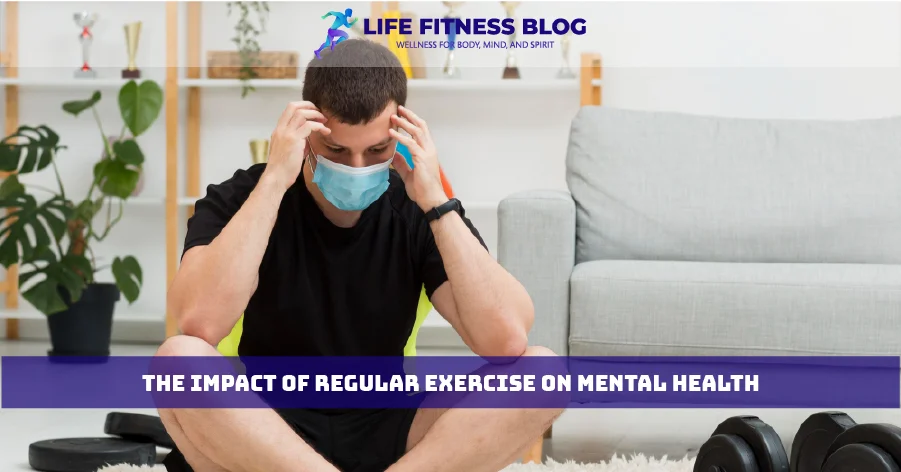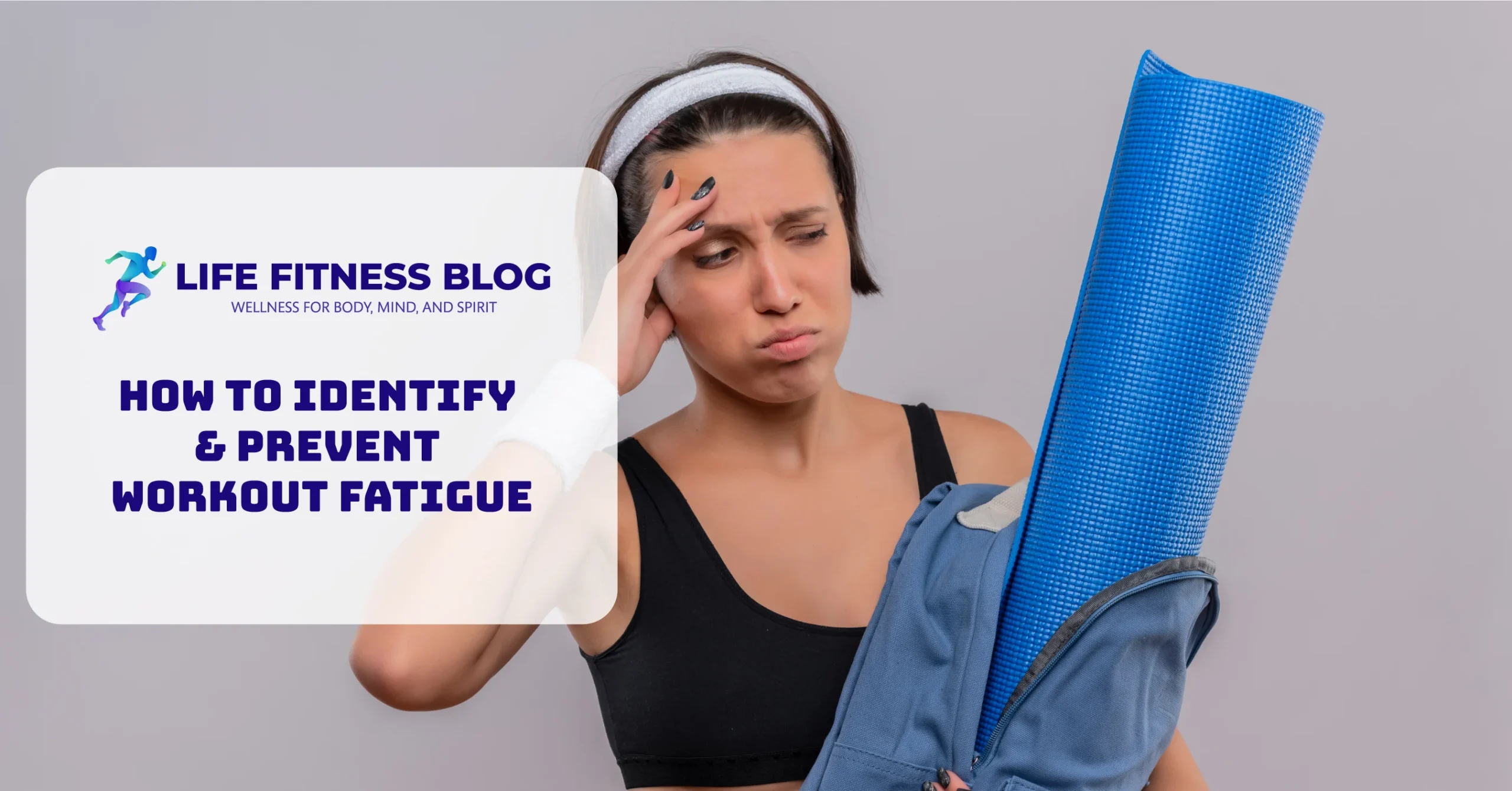In today’s fast-paced world, stress is a big problem. It affects our physical and mental health. But, did you know that exercise can help manage stress? This guide will show you how exercise and stress relief are connected. It will also give you tips to add stress-relieving exercises to your daily life.
Exercise has many benefits for our body and mind. It can help us deal with the challenges of modern life. If you want to feel less anxious, improve your mood, or be more resilient, this article is for you. It will guide you how to use exercise to reduce stress and enhance your well-being.
Table of Contents
Understanding the Connection Between Exercise and Stress Relief
Exercise and stress relief are closely linked, as studies show. We need to explore how our body reacts to stress and how moving helps calm it down.
The Science Behind Stress Response
Stress makes our body go into action mode. The HPA axis, a key system, starts releasing cortisol. This hormone helps us deal with stress, but too much can harm us.
Physical Activity as a Natural Stress Reducer
Regular exercise is a great way to handle stress. It makes our body release endorphins, which make us feel good. Exercise also takes our mind off stress, giving us a break.
How Your Body Processes Stress During Exercise
- Exercise triggers the stress response, releasing cortisol and other hormones.
- But, as you keep exercising, your body gets better at managing these hormones. This leads to less stress.
- The heart and lungs also help by supporting the body’s stress response, reducing stress’s negative effects.
Knowing how exercise helps with stress can help you manage it better. It’s a key to improving your overall health and happiness.

The Role of Endorphins in Stress Management
Exercise is more than just moving your body. It’s a key way to manage stress. At the core of this is the impact of endorphins, known as “feel-good” hormones. These hormones, released when we exercise, help control our mood and reduce stress.
When you work out, your body makes more endorphins. This leads to feelings of happiness and calm. These hormones make you feel good, helping to ease stress and anxiety.
But endorphins from exercise do more than just make you feel good for a moment. Regular exercise can improve your mental health over time. It keeps your mood high, makes you more resilient, and helps with stress, depression, and anxiety.
In short, using endorphins from exercise is a natural way to fight stress and boost your mood. This approach to managing stress helps not just now but also in the long run, improving your mental health.
How Exercise Can Help to Reduce Stress Through Biochemical Changes
Exercise is more than just moving your body. It’s a key way to manage stress at a biochemical level. By learning how exercise affects our body’s stress response, we can use it to improve our well-being.
Impact on Cortisol Levels
Cortisol is known as the “stress hormone.” It’s vital for our body’s stress response. Regular exercise helps control cortisol levels. Exercise releases cortisol, but rest periods can lower it, reducing stress effects.
Regulation of Stress Hormones
Exercise affects more than just cortisol. It also balances other stress hormones like adrenaline and norepinephrine. This helps manage stress symptoms physically and emotionally.
Neurotransmitter Balance
Stress can upset neurotransmitter balance in the brain. This can cause mood and cognitive issues. But, exercise boosts neurotransmitters like serotonin, dopamine, and endorphins. This helps fight stress’s negative effects on mental health.
Understanding the biochemical changes from exercise reveals its stress-reducing benefits. Adding a balanced exercise routine to your life can be a game-changer for your health and resilience.
Physical Activities That Best Combat Stress
Right physical activities can fight stress, anxiety, and mood issues. You can choose from intense workouts to calm, mindful exercises. These options help reduce anxiety, boost mood, and relieve stress.
High-intensity interval training (HIIT) is a great stress fighter. It’s fast, challenging, and burns calories. It also releases endorphins, which make you feel better. HIIT can ease anxiety and improve your mental health.
Yoga and Tai Chi are also good for stress. They mix physical moves with deep breathing and meditation. This combo calms your mind and brings peace. Doing these exercises can greatly improve your mood and emotional control.
Brisk walking is a balanced choice. It boosts fitness and gives a mental break from daily stress. Walking’s rhythm and increased blood flow soothe the mind. It reduces anxiety and boosts well-being.
| Exercise Type | Benefits for Stress Reduction |
|---|---|
| High-Intensity Interval Training (HIIT) | Releases endorphins, improves mood, reduces anxiety |
| Yoga and Tai Chi | Combines physical movement with mindfulness, promotes inner calm |
| Brisk Walking | Provides mental break, improves physical fitness, reduces stress |
Adding different stress-relieving exercises to your routine is key. It helps manage anxiety, improves mood, and boosts mental and physical health.

Incorporating Mindful Movement into Your Stress Relief Routine
Adding mindful movement to your stress relief plan can be very helpful. It mixes physical activity with mindfulness. This way, you get a better way to handle stress and improve your overall health.
Yoga and Stress Reduction
Yoga is great for calming your mind and body. It uses poses, breathing, and meditation to reduce stress. By focusing on now and your body’s feelings, you can relax deeply. This can really lower your stress levels.
Meditation Through Movement
Mixing meditation with exercise can change your life. Tai chi and qigong use slow movements and breath control. They help you find peace and calm. By paying attention to now and your body’s flow, you can let go of stress and become more mindful.
Breathing Techniques During Exercise
- Right breathing during workouts can make them more stress-relieving. Diaphragmatic and box breathing can calm your nervous system and muscles. They help you relax.
- Adding these breathing methods to your workouts can make them more effective. You’ll get a better mix of mind and body wellness.
Adding mindful movement to your stress relief plan can really change things. Whether it’s yoga’s calm, tai chi’s meditation, or breathing’s power, these practices help you deal with daily life better. They make you more resilient.
Creating an Exercise Plan for Maximum Stress Relief
Making a good exercise plan is a great way to manage stress. By adding different physical activities to your day, you can feel more in control. This helps you handle stress better and feel better overall.
First, think about what you like to do. Do you prefer cardio, strength training, or a mix? Pick activities you like because it’s easier to keep up with them. Mixing things up helps with stress in different ways.
- Try to do at least 150 minutes of moderate physical activity each week. Or, aim for 75 minutes of intense exercise. Adjust this based on what works for you.
- Do aerobic exercises like walking fast, cycling, or swimming. These raise your heart rate and make you feel good.
- Add strength training to your routine. It helps with muscle tension and makes you stronger.
- Try yoga or Tai Chi. They mix movement with breathing and meditation for a full stress relief experience.
It’s important to enjoy your exercise plan and stick to it. Start slow, set easy goals, and get more intense as you get better. By focusing on physical activity, you’ll reduce stress and live a healthier life.
The Impact of Regular Exercise on Mental Health
Exercise is more than just for your body. It also boosts your mental health. Studies show it helps with anxiety and depression. It also builds mental strength over time.
Anxiety Reduction Through Physical Activity
Feeling anxious? Exercise can change that. It lowers stress hormones and releases happy chemicals. This can calm your mind and reduce anxiety.
Depression Management with Exercise
Exercise helps those with depression too. It boosts mood by releasing important chemicals. Regular activity can also improve sleep and energy levels.
Building Mental Resilience
- Exercise doesn’t just address the symptoms of mental health issues; it can also help build long-term mental resilience.
- The physical and psychological challenges encountered during exercise can foster a sense of accomplishment, self-confidence, and the ability to overcome obstacles.
- This resilience can translate to other areas of life, helping individuals better manage stress, adapt to change, and maintain a positive mindset in the face of adversity.
Regular exercise is key to better mental health. It helps with anxiety, depression, and builds mental strength. The benefits of physical activity are clear.

Time Management: Fitting Exercise into Your Busy Schedule
Finding time for exercise in today’s fast world can be tough. But, it’s key for managing stress and staying healthy. The trick is to plan it well and use your time wisely.
Try to schedule your exercise like any other important appointment. Set aside specific times in your calendar. Treat these times as must-do activities. This way, your workout won’t get ignored by other tasks.
- Find the best time for you to exercise, like morning, lunch, or evening.
- Use reminders and alerts on your phone or computer to stay on schedule.
- Make sure exercise doesn’t clash with other important tasks or meetings.
Another good idea is to integrate exercise into your daily activities. Look for chances to move more during the day. Try taking the stairs, walking during meetings, or doing desk exercises.
| Exercise Routine | Time Commitment | Potential Benefits |
|---|---|---|
| High-Intensity Interval Training (HIIT) | 15-20 minutes | Improved cardiovascular health, increased metabolism, stress relief |
| Yoga or Pilates | 30-45 minutes | Enhanced flexibility, mind-body connection, stress reduction |
| Brisk Walking | 30-60 minutes | Improved cardiovascular fitness, stress management, mental clarity |
Consistency is key for stress relief through exercise. By making it a priority and fitting it into your daily life, you can enjoy a healthier, less stressful life.
Exercise and Sleep Quality: A Dual Approach to Stress Management
Regular physical activity and better sleep are key to managing stress. Exercise can improve your sleep, and good sleep helps you handle stress better. This connection is backed by sleep science and experts, offering a complete way to deal with stress.
Exercise changes your body chemistry, helping to reduce stress. It also makes your sleep better. When you work out, your body gets warmer. This tells your brain it’s time to relax and sleep.
After your workout, your body cools down. This triggers melatonin release, helping you sleep well. So, exercise helps you sleep better and feel less stressed.
Good sleep is vital for managing stress. When you’re well-rested, you can face daily challenges more easily. Quality sleep lets your brain recharge and balance stress hormones. Adding exercise to your routine can start a cycle of better sleep and stress management.
Conclusion
Stress is a common problem today. Exercise is a great way to deal with it. It helps both your body and mind. By understanding how exercise reduces stress, doing activities that calm your mind, and planning your workouts, you can manage stress better. Combining exercise with good sleep and other stress-relief methods can lead to a healthier and happier life.
Also Read:
FAQs
How does exercise help reduce stress?
Exercise triggers the release of endorphins, reduces cortisol levels, and improves sleep quality, all of which contribute to stress reduction.
What are some stress-relieving exercises for beginners?
Beginners can start with low-impact activities like brisk walking, yoga, and swimming. These activities are gentle on the body and help reduce stress and anxiety.
How often should I exercise to manage stress?
Aim for at least 150 minutes of moderate-intensity exercise or 75 minutes of vigorous-intensity exercise per week. Consistency is key, so try to incorporate exercise into your daily routine.
Can exercise help with anxiety and depression?
Yes, regular exercise can significantly reduce symptoms of anxiety and depression. It boosts mood, improves sleep, and increases energy levels.
How can I fit exercise into my busy schedule?
Break down your workout into smaller chunks throughout the day. Try incorporating short bursts of exercise like quick workouts or taking the stairs instead of the elevator.




